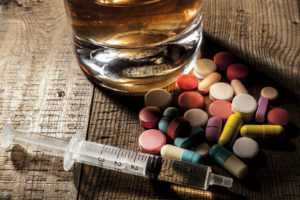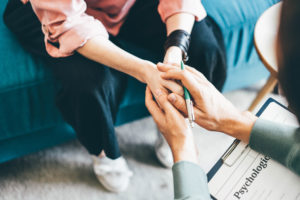Drug addiction is a formidable adversary, often leaving individuals feeling hopeless and overwhelmed. However, with advancements in medical and psychological fields, there are now various effective treatments available. This article aims to shine a light on some of these treatments, offering a lifeline of hope to those entangled in the grip of drug addiction.
Medically Assisted Treatment (MAT)
One of the fundamental steps in drug addiction treatment is detoxification. Medically Assisted Treatment (MAT) is designed to help individuals gradually wean off drugs under medical supervision, alleviating withdrawal symptoms and cravings. Medications like Methadone, Buprenorphine, and Naltrexone are commonly used to treat opioid addiction, while Disulfiram and Acamprosate may be used for alcohol addiction.
Cognitive-Behavioral Therapy (CBT)
CBT is a cornerstone in addiction treatment, helping individuals recognize and change destructive behavior patterns. Through CBT, individuals learn to identify triggers, develop coping strategies, and build better habits to maintain long-term sobriety.
Contingency Management (CM)
Contingency Management provides tangible rewards to individuals who maintain sobriety. By reinforcing positive behavior, CM encourages individuals to stay drug-free. This approach has shown effectiveness, especially in treating stimulant and opioid addictions.
Motivational Enhancement Therapy (MET)
MET is designed to tap into an individual’s motivation to change. By fostering a proactive attitude, individuals are more likely to engage in treatment and take steps towards recovery.
12-Step Facilitation
12-Step programs like Alcoholics Anonymous (AA) and Narcotics Anonymous (NA) provide a structured, community-based approach to recovery. These programs offer a supportive network and a framework for self-reflection and growth.
Holistic Therapies
Holistic therapies like yoga, meditation, and acupuncture aim to heal the mind, body, and spirit. By addressing the underlying issues contributing to addiction, holistic therapies offer a well-rounded approach to treatment and recovery.
Family Therapy
Addiction often strains family relationships. Family therapy aims to mend these bonds and create a supportive environment for the individual’s recovery journey.
Outpatient and Inpatient Treatment Programs
Depending on the severity of the addiction, individuals might opt for outpatient or inpatient treatment programs. Outpatient programs allow individuals to continue with their daily lives while attending treatment sessions, while inpatient programs provide a structured, immersive treatment environment.
Aftercare and Relapse Prevention
Sustaining recovery post-treatment is crucial. Aftercare programs and relapse prevention strategies, like ongoing therapy and support groups, are integral in maintaining long-term sobriety.
Conclusion
The road to recovery from drug addiction can be arduous, but it’s far from impossible. With a plethora of effective treatments available, individuals have a lifeline of hope to regain control of their lives. While each treatment approach has its merits, a tailored combination of therapies often yields the best results. If you or a loved one is struggling with drug addiction, consult with a healthcare professional to devise a personalized treatment plan.
Note: The information provided in this blog is for educational purposes only. It’s essential to consult with healthcare professionals for personalized advice and treatment for drug addiction.






